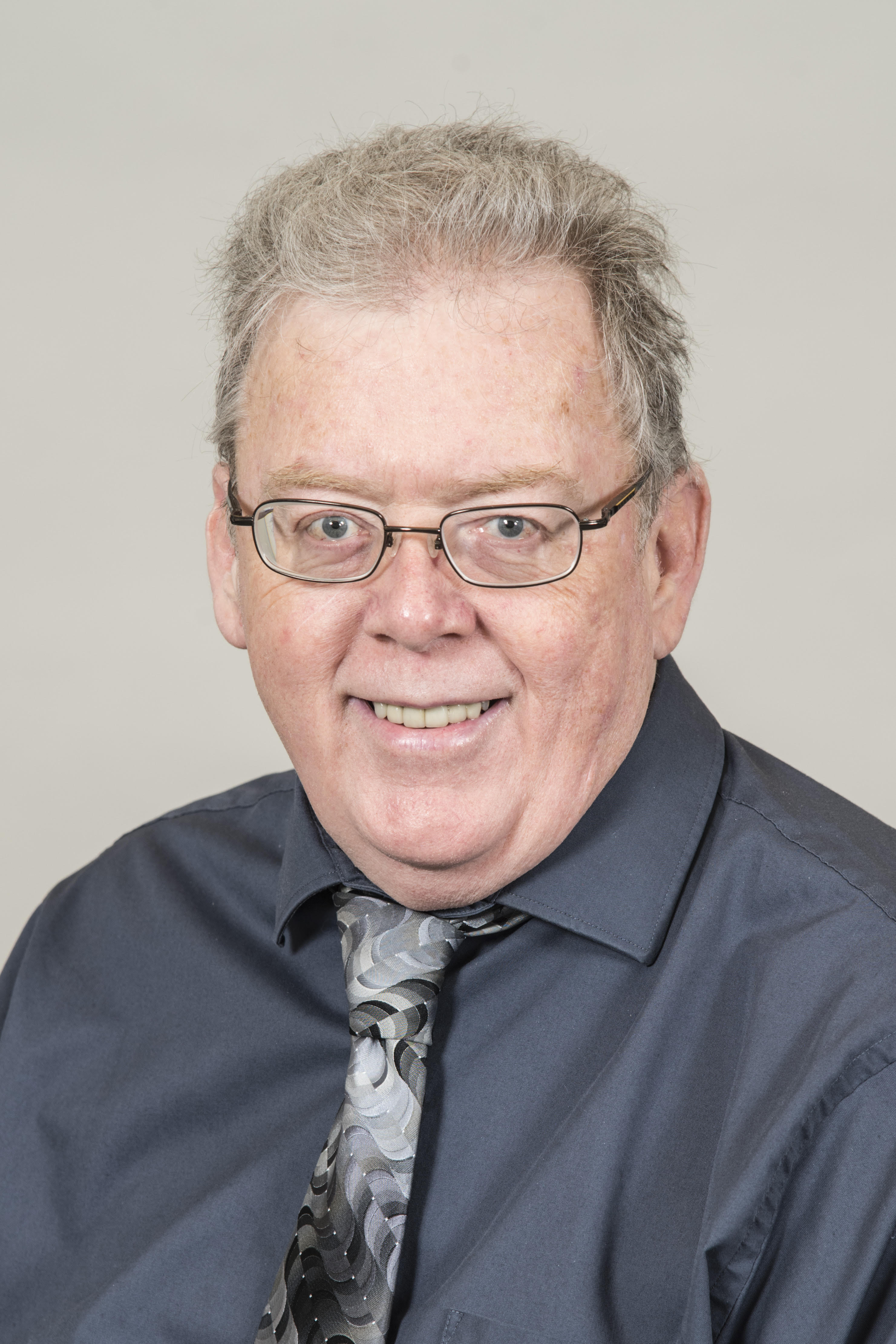
Photo courtesy University of Cincinnati Blue Ash College
John McNay was a child of Montana’s blue skies and rocky ridges. Born in 1957, he attended the University of Montana, launching a career as a journalist addressing community wrongs. He transferred his passion for speaking truth to power to a career in education, earning his PhD at Temple University in 1997. Since 2000, he worked for the University of Cincinnati (UC) Blue Ash College, a regional open-access college. It is not hard to say that he was the best hiring choice we ever made.
John McNay was a scholar of Cold War diplomatic history with an interest in how an individual’s background contributed to diplomatic decisions. Starting with a reinterpretation of secretary of state Dean Acheson’s career, John illuminated how diplomats created policy. He ultimately authored or contributed to five books, in addition to articles, reviews, and multiple manuscripts still in development at his death. For his research on presidential decisions for peace, he was an invited speaker at the Nobel Institute in Oslo, Norway.
John McNay, born of a union family, was a champion of labor and education. As president of the University of Cincinnati’s AAUP chapter, he was sufficiently vocal that administrators visibly sighed when they spotted him and braced to be grilled on budgeting choices. He was four-time president of the state of Ohio’s AAUP, then joined the national AAUP governing council. John’s advocacy made him a frequent visitor at the statehouse, testifying often against antieducation legislation. He was there when the doors were barred against crowds protesting the union-busting bill SB5, inspiring his book Collective Bargaining and the Battle of Ohio: The Defeat of Senate Bill 5 and the Struggle to Defend the Middle Class. For this and throughout his career, he used his journalist background to submit op-eds statewide in support of education. In recent years, John was a central contributor to the AHA’s ongoing work promoting the integrity of history education in the Ohio state legislature.
John McNay was a professor who took pride in his students, whom he called his “young scholars.” He maintained folders of prized students’ past work and postgraduation publications, and he attended their graduations and weddings. He was an enthusiastic proponent of study abroad and would do anything to ensure his students, often new to travel, had a positive experience of the world—even once sharing clothing with a student who lost his luggage. He inspired students to pursue a variety of careers; as one put it, “he’s why I’m the teacher I am today.”
John McNay was a firm believer in faculty service and never stopped giving to his university. He co-directed UC’s Institute for the Advanced Study of Culture and Democracy. He was part of the planning committee for UC’s press and chaired its faculty advisory board. Among his lengthy list of service, he was a department chair, a five-time faculty senator, and twice a member of committees vetting provost candidates. (As he said, with mixed regret and pride, he never lost an election.) For all of his work, the UC Board of Trustees voted to grant him the rank of professor emeritus posthumously.
John McNay was the first to invite his colleagues to “seminars” at local pubs and the first to accept similar invitations. (There are many, many stories that start, “I met John over a beer!”) His office shelves incorporated the books of younger colleagues, purchased to support their careers; on his desk was a colleague’s dissertation that he was reading for the fun of it. Quietly generous, he was swift to pick up the tab for a colleague being honored.
John McNay was a person who maintained active social circles outside of academia—friends who met to discuss current affairs, fellow motorcyclists who rode together (although John hid his motorcycle from his sisters), family from whom he unsuccessfully attempted to hide his uneven housekeeping (and, yes, the motorcycle), and even a black cat who bullied his way into John’s home (and stayed, of course). He was a person who found friends wherever he went, bound to others by a mutual curiosity in the world. Whether it was a person in the National Archives or a senior citizen student who became a frequent dinner companion, John was someone who made not acquaintances but friends. (Or, as he would refer to them, “a buddy of mine.”) We were all his buddies, and he was ours.
Krista Sigler
University of Cincinnati Blue Ash College
Tags: In Memoriam North America Political History

This work is licensed under a Creative Commons Attribution-NonCommercial-NoDerivatives 4.0 International License. Attribution must provide author name, article title, Perspectives on History, date of publication, and a link to this page. This license applies only to the article, not to text or images used here by permission.
The American Historical Association welcomes comments in the discussion area below, at AHA Communities, and in letters to the editor. Please read our commenting and letters policy before submitting.
Comment
Please read our commenting and letters policy before submitting.






